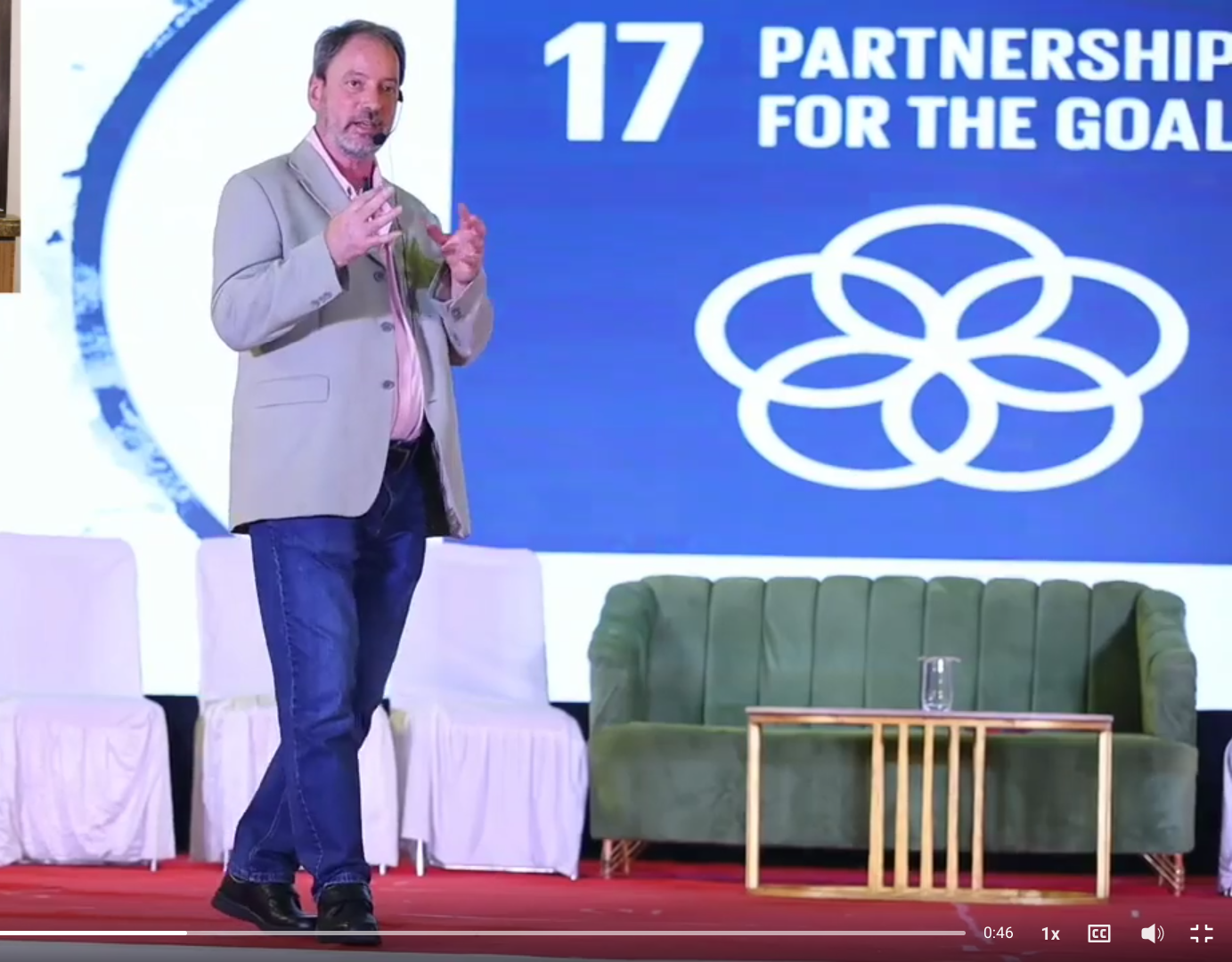Sustainability Education: Turning Fear into Action for a Better Future
“The greatest threat to our planet is the belief that someone else will save it.” – Robert Swan, Author and Explorer. Voices are growing louder, filled with an ever intensifying anxiety and fear for the future. A future, which, seen through the never ending images of climate change and its consequences, seems to many of our young generation to be bleak and without hope.

These voices can often be drowned out by the complexity of other events going on around the world, by the intensity of educational systems that demand results above all, and by the deafening sound of time ticking.
However, sustainability education can help students develop the skills and knowledge necessary to make informed decisions about their own lives and the impact they have on their communities and the world. But in addition to that, our children need to know that there is enough meaningful action and care out there from those responsible for safeguarding their future as well.
There is no doubt that sustainability education is critical in addressing the challenges that face all of us now and beyond. And with a deepening sense of awareness and concern in school communities around the world, schools are starting to rethink approaches to curriculum content, teaching, and learning, as well as focusing more on the worrying rise in eco-anxiety amongst their students.
There are no simple solutions, but above all and as a starting point, we must ensure that students can share their voices, fuelled by school communities that care and listen; that give time to sustainability education across all subject areas and year groups; and that inspire teachers to embrace their responsibility through support and training without added workloads.
Most profoundly, school communities must be upfront about the challenges we face and recognise fear, anger, grief and hope as all part of that journey.
And, with education playing an increasingly critical role in raising that consciousness and creating sustainable solutions for the future of our planet, that sense of hope through action can grow.
From the experiences I have had of working in many schools globally, I have noticed a greater interest and concern in taking on sustainability issues, whether within the school itself, the local community, or supporting international projects.
The focus on local is important though, and it is more than about being an environmental steward; it is about developing local-to-global citizenship skills through support of local projects that embrace all aspects of sustainability, whether it is social, economic, or environmental, and with the UN Sustainable Development Goals as a guideline.
This approach must embrace the connectivity of all of the 17 UN’s Sustainable Development Goals as a way to develop caring and informed local to global citizens who can make a real positive difference to the future. Empowered teachers and students, through opportunities to learn and share ideas, can then help their schools to develop a more effective framework to take forward because they genuinely want to, and they have connected the why and how.
I remember quite vividly my own personal and professional journey into sustainability education, which didn’t start in Dubai but certainly had a huge influence on that journey during the 10 years I was working in Dubai, initially as a teacher and then as an educational consultant.
Back in 2005, it was early days in this area of education, and I am confident now, with all the amazing progress that has been made here, that teachers no longer have to ask the questions that I did at the time, such as:
Why do we have a unit on recycling when there are no facilities within the school to recycle?
How can we teach our children about caring for nature when they are so disconnected from it?
Bringing local schools, organisations, and businesses together to learn from each other about how and why we need to be more sustainable has always been a key focus in my work, which is embodied in the Beyond COP21 Symposium series, which, over the last 10 years, has taken place 46 times in 25 different countries across 6 continents.

http://www.beyondcop21symposium.org/
When we give space and time to listen, we are all beneficiaries of a brighter future.
Written by Peter Milne, Founder/Director of Target4Green Educational Consultancy and Training Ltd Organiser and Facilitator of the Beyond COP21 Symposium Series
Stay up to date
Subscribe to the free GESS Education newsletter and stay updated with the latest insights, trends, and event news every week. Your email address will remain confidential

